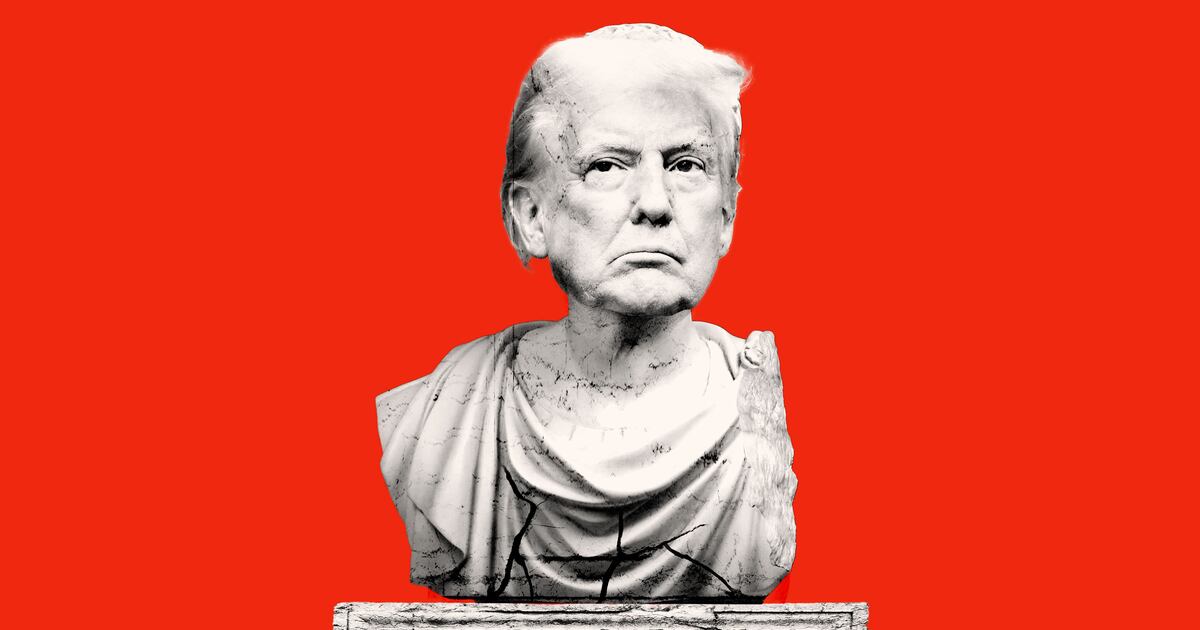A Washington, D.C., jury on Thursday returned a verdict of not guilty for the first six of 194 people charged with rioting outside President Donald Trump’s inauguration. The ruling is a major win for activists and journalists, and a strong rebuke to the prosecution’s attempt to crack down on the first major protest of the Trump administration.
The six defendants, including a medic and a photojournalist, were not accused of breaking windows or damaging vehicles. Instead, the prosecution said they participated in and encouraged a riot in being near a protest where other people had shattered windows. A conviction on all counts could have meant 60 years in prison, and new threats to freedoms of assembly, speech, and press.
The trial that began Nov. 20 was the first of nearly 20 sets, during which the total 194 defendants will be tried in small groups. Among the the first set of defendants were Jennifer Armento, 38, of Philadelphia, Pennsylvania; Michelle Macchio, 26, of Asheville, North Carolina; Oliver Harris, 28, of Philadelphia; Christina Simmons, 20, of Cockeysville, Maryland; Brittne Lawson, 27, of Aspinwall, Pennsylvania; and Alexei Wood, 27, of San Antonio, Texas.
Lawson and Wood were at the protests in their capacities as a medic and a photojournalist, they testified. Neither they, nor any of their co-defendants were observed damaging property. Still, they were each charged with five counts of felony property destruction, one count of misdemeanor rioting, and one count of misdemeanor conspiracy to riot.
Earlier this month, a judge acquitted the defendants of an incitement to riot charge: a felony that could have added an additional 10 years to the defendants’ sentences.
Prosecutors argued that, even though they did not directly engage in illegal activity, the defendants encouraged property damage and clashes with police.
“I’ll be very clear: we don’t believe the evidence is going to show that any of these six individuals personally took that crowbar or that hammer and hit the limo or personally bashed those windows of that Starbucks in,” Assistant U.S. Attorney Jennifer Kerkhoff said in an opening statement on the first day of trial.
“That was not their role. And the law the judge will instruct you is they didn’t have to do that. You don’t personally have to be the one that breaks the window to be guilty of rioting, to be guilty of agreeing to riot, because, as you’ll see from this case, you’ll see from the evidence, this group is a riot.”
To prove the defendants’ guilt by association, the prosecution relied on dubious evidence, including an edited sting video from the oft-debunked conservative videographer James O’Keefe, protest footage ripped from mashup videos on conspiracy theorist YouTube Channels, and a video from the right-wing militia the Oath Keepers, The Daily Beast previously reported.
The prosecution’s key witness was D.C. Metropolitan Police Detective Greg Pemberton, who was not present at the protest. On Twitter, Pemberton followed O’Keefe’s video company and the page for 4Chan’s “pol” board, activist news site Unicorn Riot first reported.
Despite missing or suspicious evidence that the defendants participated in the protest, the prosecution attempted to describe them as dangerous conspirators.
The prosecution attempted to characterize Wood not as a journalist but as a rioter with plans for violence. Wood’s monopod, a tool used to stabilize a camera, was entered into evidence as a “baton.”
That same prosecutor also attempted to portray Lawson’s basic medical supplies as suspicious. “What do you need a medic with gauze for?” the prosecutor asked Lawson, the oncology nurse who was volunteering as a medic. “I thought this was a protest.”
Medical volunteers are common at demonstrations. Multiple protest participants and observers required medical treatment after their interactions with police, who deployed pepper spray and stun grenades against a large crowd, which included legal observers, medics, and journalists. Some of those people are suing police for alleged brutality at the protest.
A judge also admonished Kerkhoff when she told the jury that the standard of “reasonable doubt” shouldn’t overly influence their decision.
“The defense has talked to you a little bit about reasonable doubt. You’re going to get an instruction from the judge,” Kerkhoff told jurors before they went into deliberations. “And you can tell it’s clearly written by a bunch of lawyers. It doesn’t mean a whole lot.”
In a strong rebuke to Kerkhoff's prosecution, the jury sided with the six defendants. For the 188 other defendants awaiting trial, Thursday's ruling is a sign that they, too, might walk free.
Correction: An earlier version of this story characterized the case as taking place in a federal court. The case was heard in D.C.’s Superior Court.






